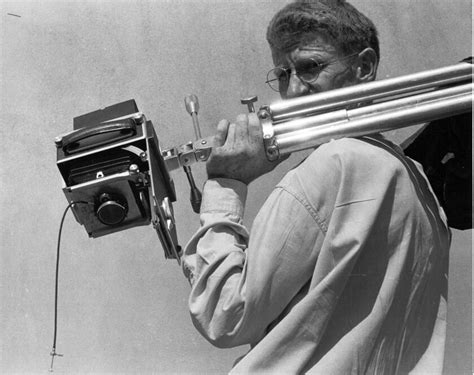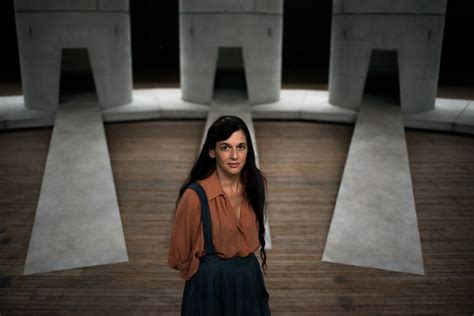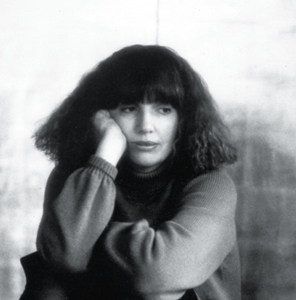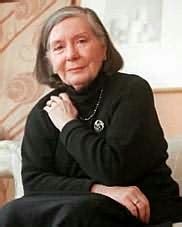A Quote by Roland Barthes
In an initial period, Photography, in order to surprise, photographs the notable; but soon, by a familiar reversal, it decrees notable whatever it photographs. The 'anything whatever' then becomes the sophisticated acme of value.
Related Quotes
I went back to photography in the 1990s. But from the 60s to the 90s I didn't really take any photographs at all, unfortunately. During that period I lived in France, I lived in England, I lived all over the place in different cities. I didn't take any photographs and because I felt I had really accomplished everything that I wanted to in photography during the period between 61 and 67.
Images anesthetize. An event known through photographs certainly becomes more real than it would have been if one had never seen the photographs ... But after repeated exposure to images it also becomes less real. ... 'concerned' photography has done at least as much to deaden conscience as to arouse it.
A lot of my students have been quite notable. Notable in both the personal sense - people who have changed my life - and notable in that many have gone on to enormous success in their writing careers. Whether or not I had a lot to do with those success stories, I'm very proud and happy for my former students getting on the map.
I knew that was coming. That's another stupidity. The people who use the term don't even know the meaning. They use it to refer to photographs they believe are loosely organized, or casually made, whatever you want to call it. Whatever terms you like. The fact is, when they're talking about snapshots they're talking about the family album picture, which is one of the most precisely made photographs.
It is a nostalgic time right now, and photographs actively promote nostalgia. Photography is an elegiac art, a twilight art. Most subjects photographed are, just by virtue of being photographed, touched with pathos. ... All photographs are memento mori. To take photograph is to participate in another person's mortality, vulnerability, mutability. Precisely by slicing out this moment and freezing it, all photographs testify to time's relentless melt
Notable American Women is an enchanting and moving novel. Like Italo Calvino and Lewis Carrol, Ben Marcus reconfigures the world that we might see ourselves in a cultural and moral landscape that is disturbingly familiar, yet entirely new. As though granted a new beginning, Marcus renames the creatures of our world, questions who we are and who, as men and women, we might be. Notable American Women is a wonder book, pleasurable and provocative.

































